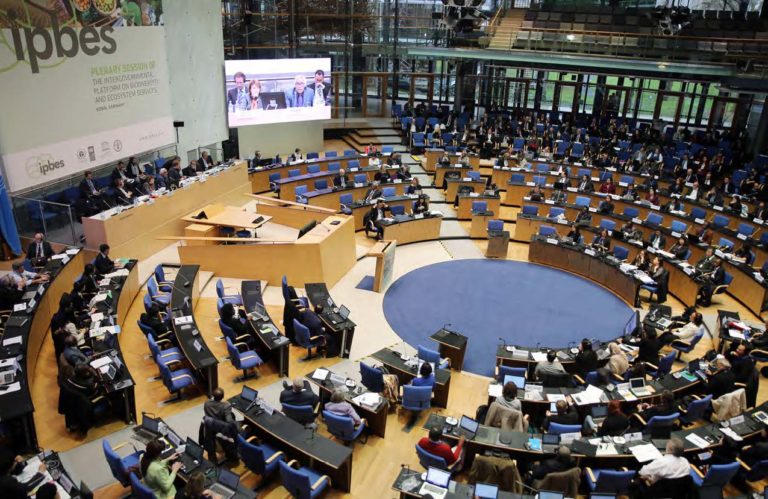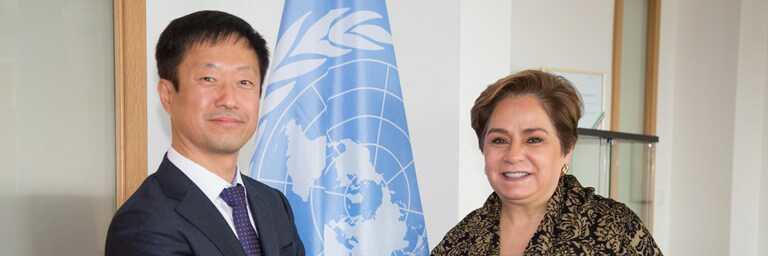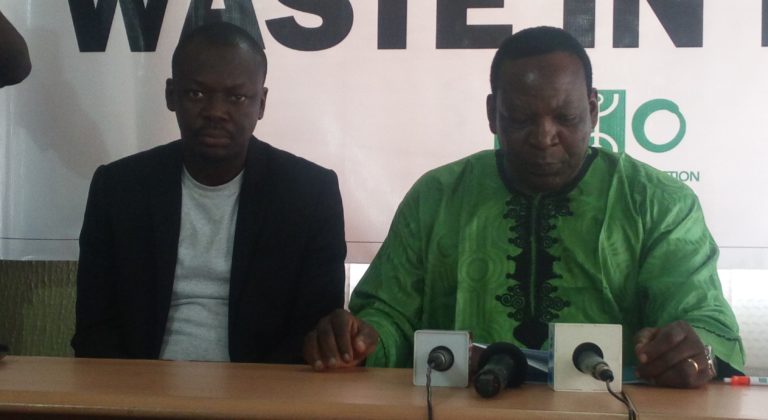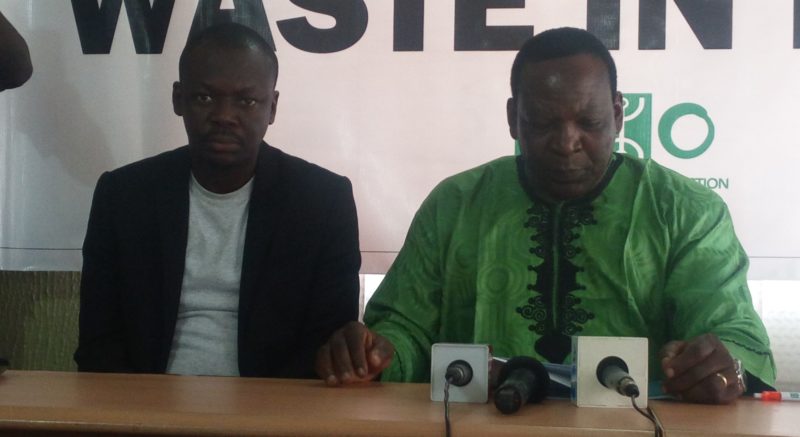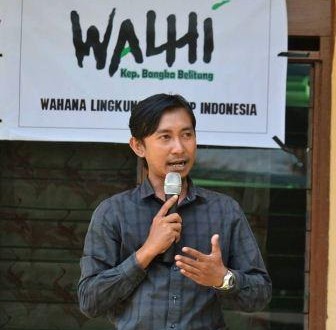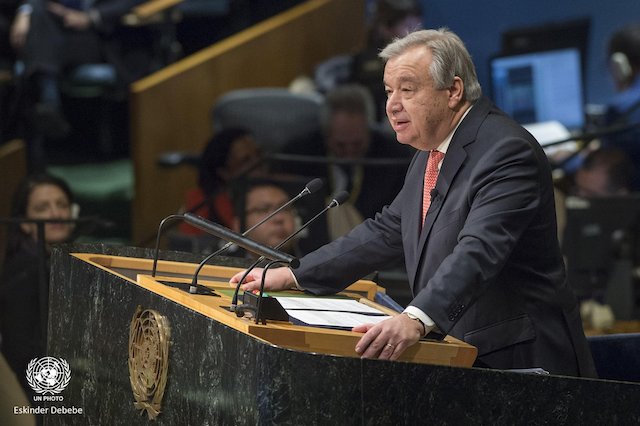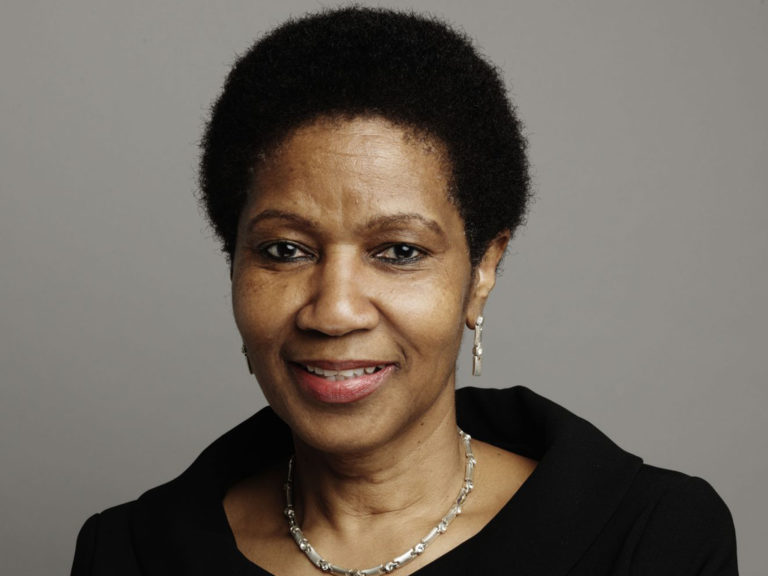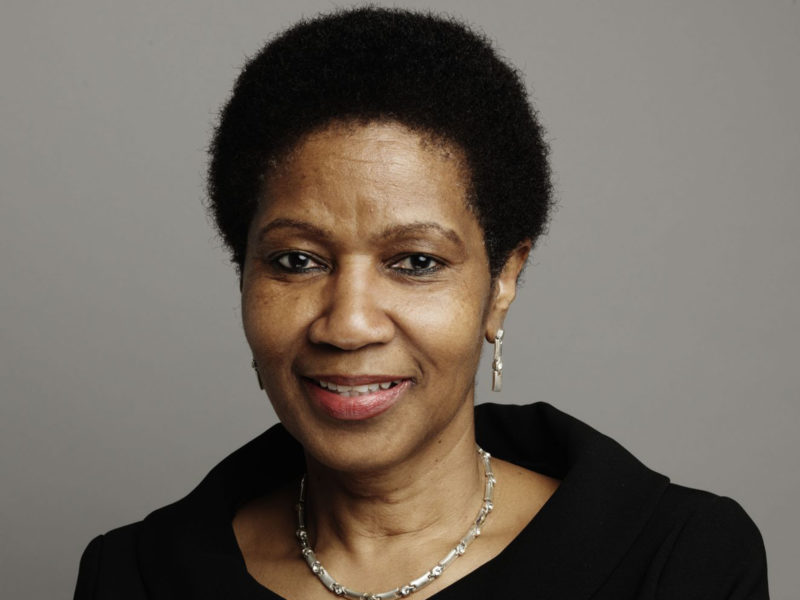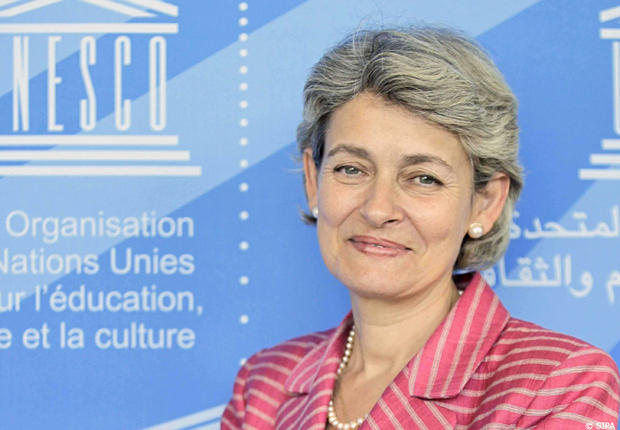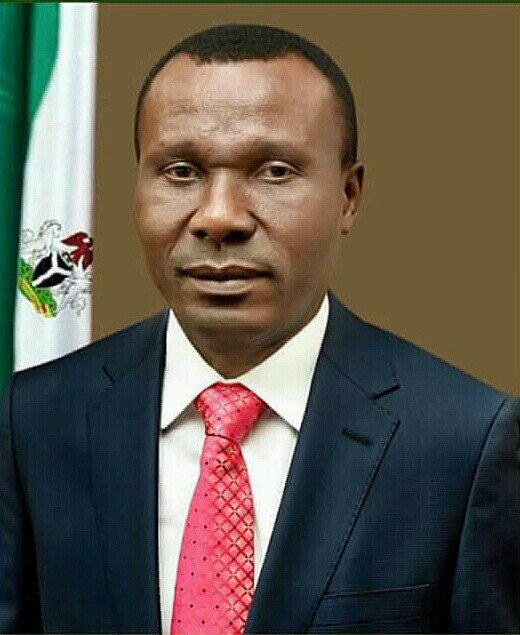“Certain kinds of responses to global climate change pose serious risks to biodiversity and ecosystem services, which is why decision -makers need the best-available science when setting policy and allocating resources.”
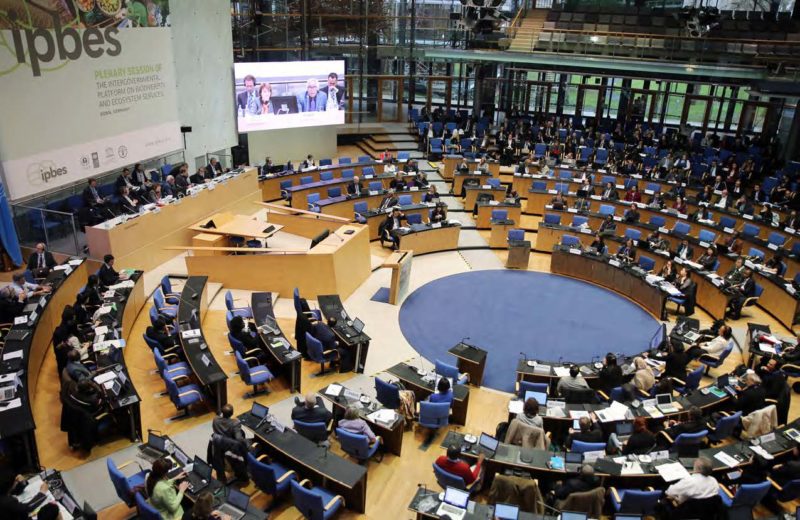
This was the keynote message on Tuesday, March 7 2017 from Prof. Guy Midgley, an expert on global change biology from the University of Stellenbosch, South Africa, addressing representatives of more than 100 governments at the 5th annual Plenary Session of the Intergovernmental Science-Policy Platform on Biodiversity and Ecosystem Services (IPBES) in Bonn, Germany.
“Rapid changes in climate can damage ecosystems and accelerate biodiversity loss,” said Prof. Midgley. “This is one compelling reason to combat global climate change. What is less well understood, however, is how climate efforts with the best intentions – such as limiting the increase in global temperature to 1.5 degrees – might also harm biodiversity if not guided by careful analysis. For example, newly-planted forests may help to curb emissions that contribute to climate change – but this can come at the expense of very rich ecosystems like tropical grasslands, if these are seen as appropriate targets for afforestation. Such systems support unique biodiversity and provide important ecosystem services that are not provided by forests. Similarly, while biofuels may generate fewer emissions than fossil fuels, clearing of natural vegetation to make way for biofuel monocultures can reduce carbon storage and extract a high price in biodiversity and ecosystem services.”
Stressing the point that biodiversity protection and effective action on climate change are not mutually exclusive, Prof. Midgley added: “Protecting biodiversity can make substantial contributions to climate change mitigation and adaptation. Reducing deforestation in tropical regions, for example, is a high priority for protecting biodiversity and can make major contributions to climate mitigation, especially when combined with other efforts to reduce emissions of greenhouse gasses. But such objectives may be in conflict with needs to increase food security. New approaches, such as ecosystem-based approaches to adaptation, could help to reduce such conflicts. The bottom line is that policymakers are required to balance several challenges, and need the best scientific evidence to chart the most sustainable course.”
This need for policy-relevant knowledge saw governments at the 2015 UN Climate Change Conference in Paris request the Intergovernmental Panel on Climate Change (IPCC) to provide a special report in 2018 on the impacts of global warming of 1.5 degrees.
Sir Robert Watson, Chair of IPBES and former Chair of the IPCC, said: “Successful climate action can never be at the expense of biodiversity, because stabilising the climate is only possible over the long-term by ensuring the health and protection of biodiversity and ecosystems. This is why the scope of the four regional and the global IPBES assessments – all currently underway – include the relationships between biodiversity, ecosystem services and climate change.”
Addressing IPBES delegates, the Deputy Executive Secretary of the UN Climate secretariat, Richard Kinley, remarked: “The policy frameworks for action on climate change and biodiversity are largely in place. Now, the overarching priority is accelerated implementation. The interrelation between climate change, biodiversity and human well-being is clear and compelling. Together we can generate extraordinary outcomes towards the safe and sustainable future envisioned in the UN’s Sustainable Development Goals.”
In his message to the plenary session, Ashok Sridharan, the Mayor of Bonn and First Vice President of ICLEI Local Governments for Sustainability, said: “The United Nations is shaping a sustainable future in Bonn. When major challenges like climate change, land degradation and biodiversity loss are tackled in a holistic way in just one place, this helps solving conflicting issues and creates synergies. It is a Bonn specialty to pull these strands together. We are doing precisely that with IPBES and will surely continue to do so in November, when Bonn will welcome the 23th Conference of the Parties to the Climate Convention as well.”
The 5th session of the IPBES Plenary will end on Friday, March 10 2017. Attended by more than 600 government, expert and development delegates, it is providing guidance relating to the IPBES work programme, tackling subjects ranging from approaches to indigenous and local knowledge, to potential new IPBES assessments of biodiversity and ecosystem services and the next IPBES work programme for 2019 and beyond.

